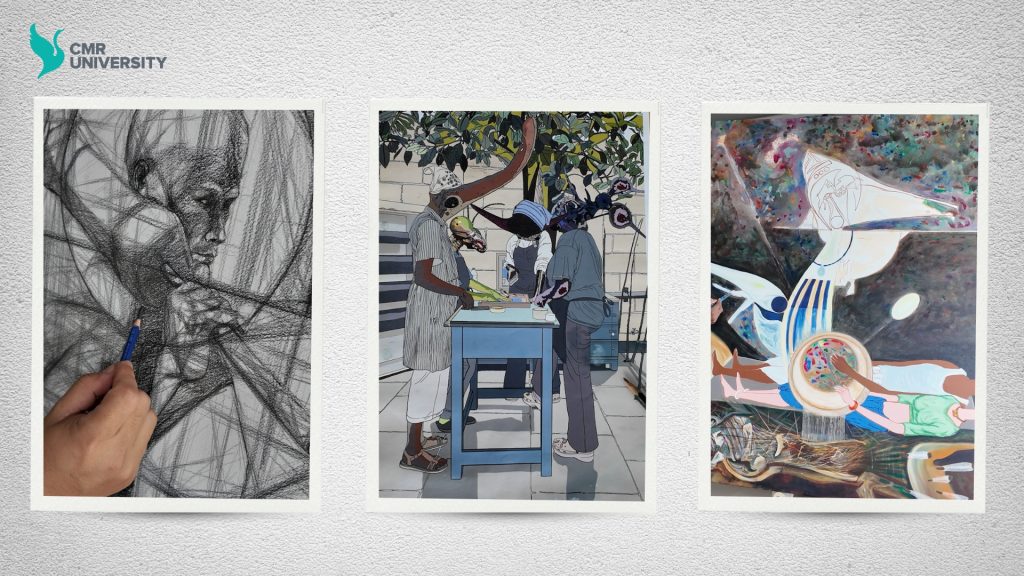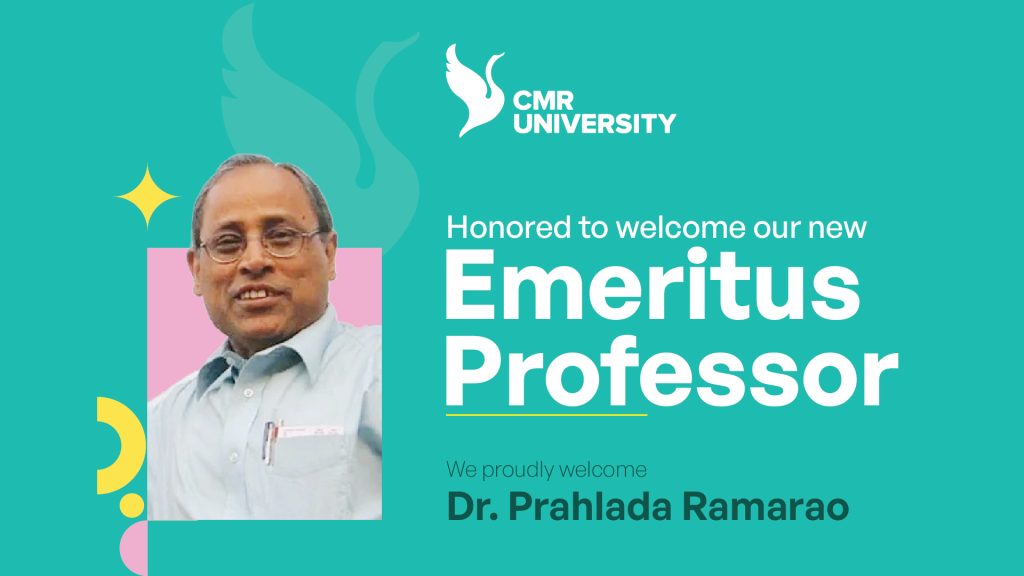Is this a full-time or part-time course?
The PG Diploma in Early Childhood Education is designed to be flexible and is offered as a part-time online-blended course.
Do I need to have a B.Ed. to pursue the Post Graduate Diploma in Early Childhood Education?
No. A B.Ed. degree is not mandatory to apply for the PG Diploma in Early Childhood Education. The course is open to graduates of any stream.
Do I need to have teaching experience to pursue the PG Diploma in Early Childhood Education?
No. Teaching experience is not mandatory to pursue the PG Diploma in Early Childhood Education.
Is it mandatory to complete an internship or capstone project as part of the Programme?
Yes, it is mandatory to complete an internship or capstone project at an early childhood education center in order to complete the Programme.
Will I be compensated during the internship?
Compensation during the internship may be provided by the organization the student is interning at. Ekya PDI and CMR University cannot guarantee or contribute to such compensation.
Does Ekya Professional Development Institute or CMR University offer placement opportunities after the completion of PG Diploma in Early Childhood Education?
Candidates graduating from the PG Diploma in Early Childhood Education, will be given the opportunity to take part in the recruitment drive conducted by the HR department at Ekya Early Years. Placements will be offered to students who successfully complete the interview/other selection processes during the recruitment drive.
While all endeavours will be made to place candidates at the completion of the course, Ekya Professional Development Institute and CMR University do not guarantee placements at the end of the Program.
Can this program be pursued alongside a job?
Yes. This is a part-time online blended learning program. Students can pursue this course alongside a job.
Is there an entrance test or interview for admission?
No entrance test will be conducted for admission. However, the application process includes a screening of documents and a telephonic/in-person interview. Only after successful screening will a candidate be offered admission. Submitting the application does not guarantee admission.


















